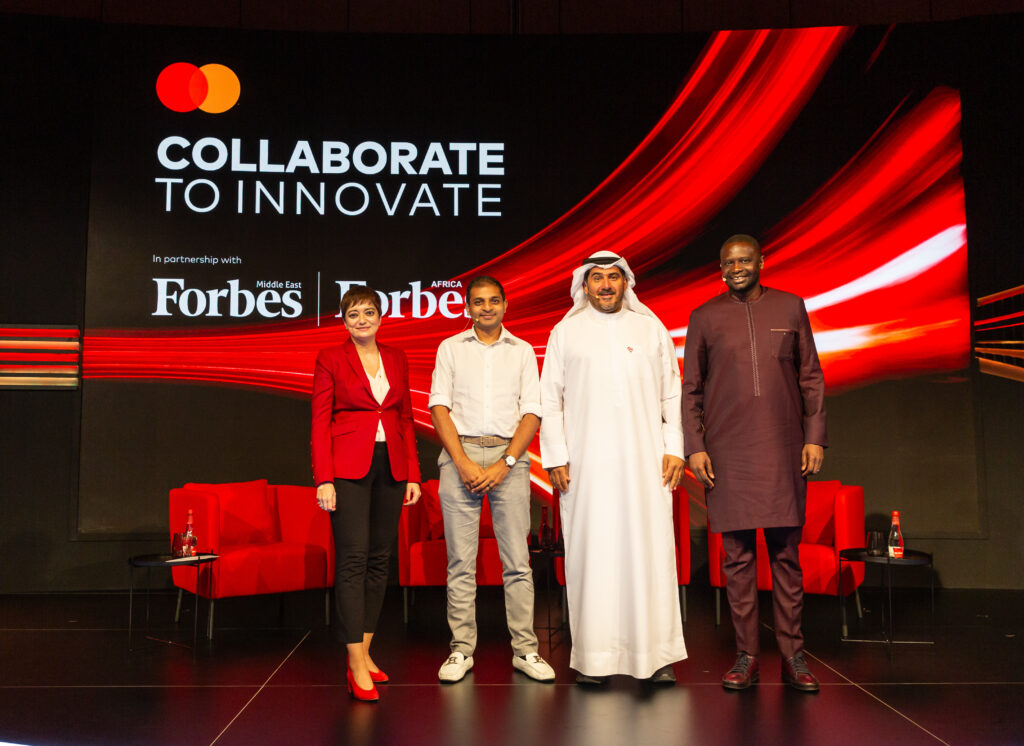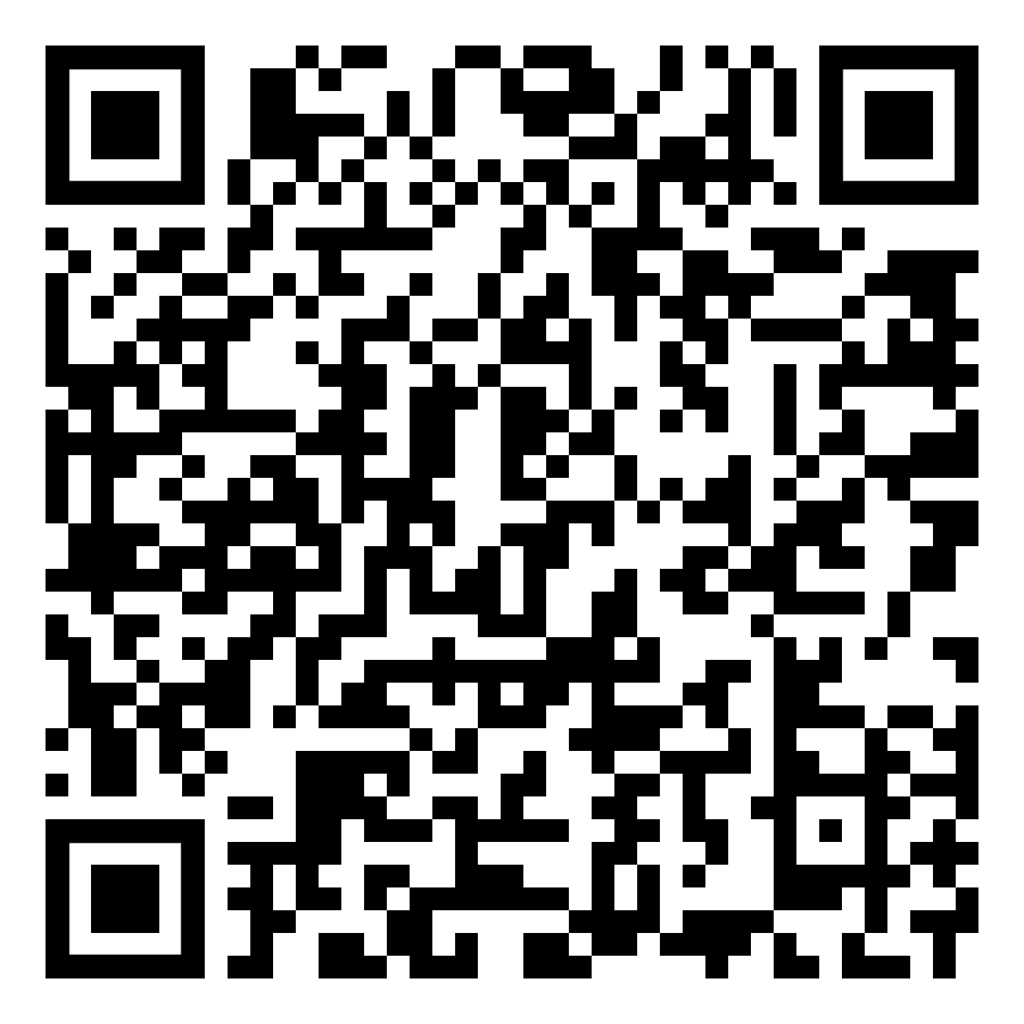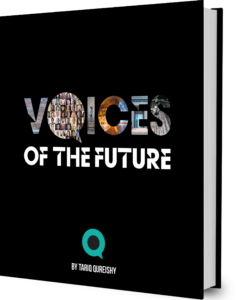Amnah Ajmal’s ascent to global corporate leadership is nothing short of riveting. She shines as Mastercard’s Executive Vice President, Market Development, Eastern Europe, Middle East, and Africa, covering 80 countries, and embodies the essence of inspiration. This conversation unveils her remarkable path through the ranks, highlighting a relentless pursuit of excellence across continents.
Prior to her role at Mastercard, Amnah has led a digital and cultural transformation in the consumer banking and payments industry, enhancing customer experiences across Europe, the Middle East, Asia, and North America. During her career, she has been voted as one of the ‘Top 25 Women in Financial Technology Worldwide’ and among the ‘Top 10 in America,’ where her work has redefined consumer interactions, driving innovation globally.
Her leadership style is rooted in empathy and courage, the hallmarks of her approach to business and life. With her vast experience, we asked her what leadership is, and what core attributes make good leaders in today’s fast-paced world? She explains: “I firmly believe in the deep connection between people, transcending culture, age, gender, and more.

Trust is earned through actions that demonstrate reliability, support, and transparency. Respect comes from showing empathy. By combining these qualities with business acumen, we empower others to achieve greater success.” She emphasizes championing inclusivity for the diversity of thought and experience, too. “Leadership is not just about business savvy; it’s about forming heart-to-heart connections based on empathy and trust. These core values define our humanity and, when brought into leadership, enable genuine connections with others. Then, the impossible becomes possible.”
As the future of work is fundamentally changing, so are jobs of the future. Her vision for the future of work is forward-thinking and inclusive. “Courage wasn’t an important trait in the past. Now, I’d say that a leader without courage is like a car without keys,” she asserts. “Add to that agility, curiosity, challenging the status quo, and perseverance.” For her, courage is making difficult decisions, taking accountability, and recruiting talent that doesn’t fit “the box, but who challenges the norms because they are the ones that can redefine the future.”
In disrupting the established norms, large organizations cannot adapt quickly, pivot, or integrate new technologies efficiently and successfully. Amnah affirms: “Large firms seek agility because they have the distribution, scale, reach, data, and customers. On the other hand, fintechs have the agility, scale, distribution, and the data.” According to her, every fintech’s dream is to scale as large as multinational organizations, and their dream is being as agile as fintechs.”
Next we asked her, what does she foresee for the future of the financial sector? “15 years ago, the barriers to entry to our industry were incredibly high; now most of the players aren’t even financial companies, but tech companies,” she declares. Customer choice opens up, tech companies are driving digital transformation, and services such as international funds transfers, remittances, e-commerce, and more are offered by a variety of tech products. She believes the ones that provide the best customer experience and innovations will drive the future.

The dialogue turns to the youth and their perceptions of the world. I believe that young people trust technology companies more than they trust traditional financial institutions. That results from a trust deficit. She counters: “The large traditional financial organizations still have an advantage in that people trust them with their money. Banks have more customer data than anyone else, making it far easier for tech companies to build onto banks’ back-end solutions to create unique customer experiences.”
Amnah emphasizes the crucial role of identity and inclusion in financial access across the region. She aims to bring 100 million Arab women into the financial system, starting with identity verification to empower them and increase their economic participation. However, she notes slow progress and ongoing challenges: “Access to credit is a major obstacle for women, particularly in SMEs. These women can build credit records, access nano credit, and enter the financial world by digitizing transactions. Gender disparity in business funding is another significant issue, with women-led businesses being notably underfunded.”
A monumental mindset shift is necessary. Amnah defines this by mentioning: “In business, we often achieve what seems impossible by setting deliverables and deadlines, then figuring out the ‘how.’ This approach should apply to gender equality, too. Achieving this requires determination, perseverance, and a commitment to ‘walk the talk.’ Gender equality is not impossible; it requires creativity and unwavering determination.”
Amnah discusses the future of payment transactions, noting that methods are constantly evolving and likely to become more fluid due to advancements in AI. She foresees a decrease in traditional banking as data exchanges grow more prevalent, fostering an open marketplace. This transformation will convert the world into a vast marketplace for diverse services and products, enhancing the consumer experience with greater convenience, choice, speed, and flexibility.
Amnah, reflecting on her children’s future amidst global changes, offers profound advice: “My daily advice to them is: In the world where you can be anything, be kind. As the world progresses, we’ll have less and less time for people. In the little chance that we have to interact with people, we should be kind. It’s important to keep the human within you alive.” However, she voices concerns about technology: “AI can scale everything, including existing societal inequities. The biases humans have historically held are being integrated into the future through the decisions made in technology development. This raises concerns about the potential for technology to amplify these biases on a larger scale, which is a worrying prospect.

Our values and moral compass need to be a hundred times more magnified. We need to prioritize people, planet, purpose, and peace. Amnah agrees and proclaims: “I’m optimistic about the future as more organizations focus on purpose, sustainability, and the planet. Incredibly, the progress in these areas will likely exceed what has been achieved in the past five years.”
When asked what her message in a bottle for her children and the world of the future would be, she said something simple yet profound: “Believe in yourself and be kind.”
I’m deeply inspired by Amnah’s blend of humanity and successful business career. Her story intertwines professional achievements with life’s core values – love, kindness, and humanity. Her insights remind us that while technology is a powerful enabler, our human qualities will ultimately lead and shape the future. She represents a beautiful voice of the future, emphasizing the importance of human leadership in the world of advancing technology.














